Covid: Care home vaccine 'milestone' reached in England
- Published
Boris Johnson: "We will be living with Covid for a while to come"
A Covid vaccine has been offered to all older residents at eligible care homes in England, the NHS has announced.
Prime Minister Boris Johnson described the achievement, expected to be confirmed by official figures on Monday, as a "crucial milestone".
A target of 15 February has been set for the UK to vaccinate care home residents and carers, people over 70 and frontline care workers.
Nearly nine million people in the UK have had their first dose of a vaccine.
NHS England said more than 10,000 care homes with older residents had been offered jabs, although a "small remainder" of homes had visits deferred by local public health directors for safety reasons during local outbreaks.
These will be visited by vaccinators as soon as NHS staff are allowed to do so, it said.
In Scotland, 98% of older people in care homes and 88% of care home staff have had the jab.
Around 75% of care home residents in Wales have had their first jab, while in Northern Ireland the government has said 100% of care homes have received a first dose.
Meanwhile, the UK has ordered an extra 40 million doses of a vaccine from the French pharmaceutical company Valneva, which should become available later in the year and into 2022.
Mr Johnson said vaccines were the "route out of the pandemic" but warned there will be "difficult moments to come" with the number of cases and people in hospital still "dangerously high".
Speaking during a visit to a vaccination centre in Batley, West Yorkshire, he said "virtually all" elderly care home residents had received their first vaccine or been given an appointment for it.
He said he was "confident that we have the supplies" to ensure that people would receive their second jab within the government's 12-week timetable.
Social Care Minister Helen Whately said the vaccine had been offered to every care home in England where it was possible for teams to go in.
"Any care home that hasn't been contacted, just let me know and I will personally follow up," she told BBC Radio 4's Today programme.
Asked whether care home workers should be compelled to have the vaccine, she said "at the moment" the government was trying to educate, encourage and reassure people who had reservations.
She also said there were no plans to give care home residents their second jab quicker to allow visiting but the government was working on "what we can do to enable visiting" again.
Asked if care home visits would have to wait until residents had received both doses, she told BBC Breakfast: "I'm not saying that", before adding that "at the moment it's too soon" to allow indoor visiting as it takes time "to build up immunity".
On Saturday, a record 598,389 first jabs were given across the UK.
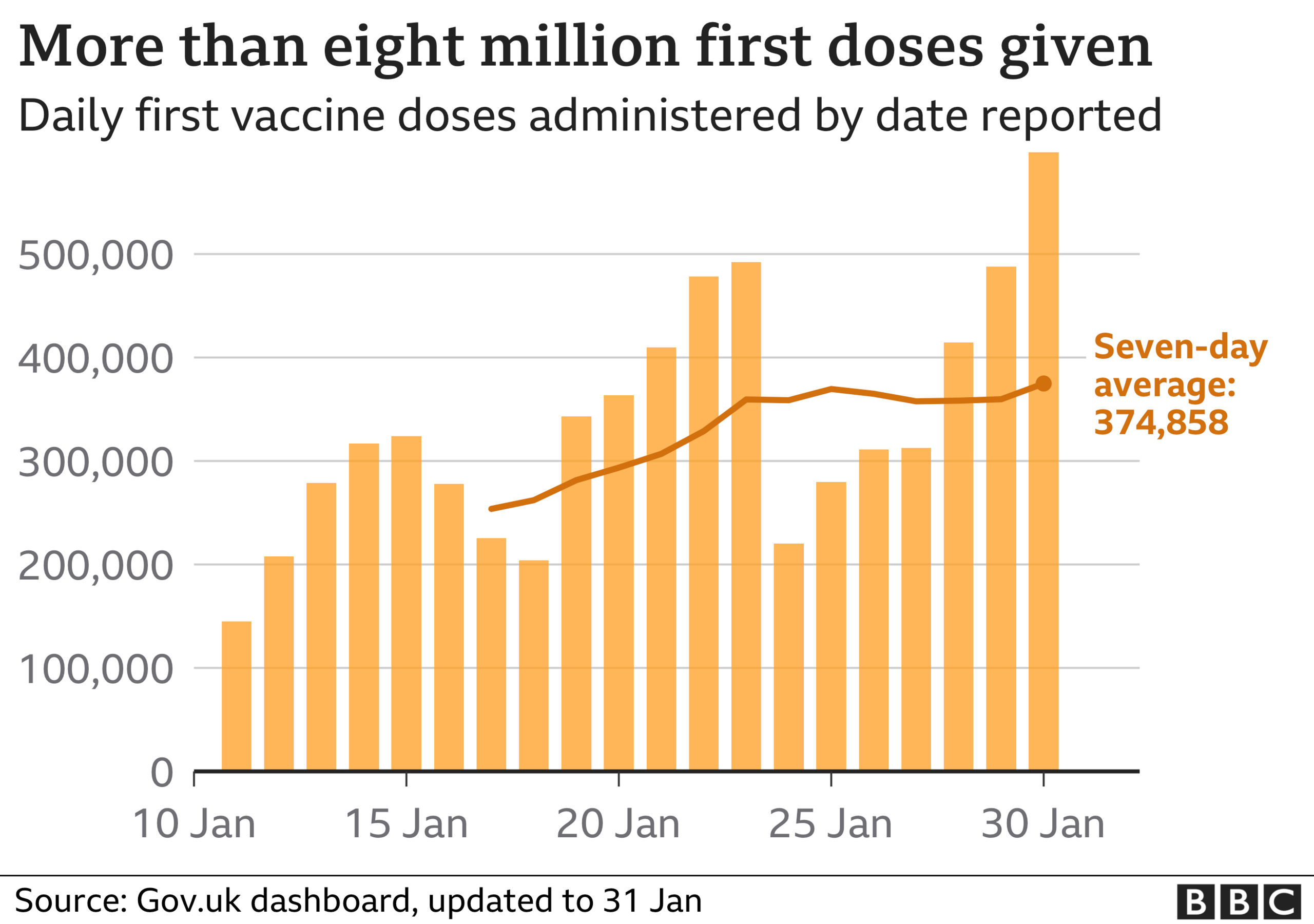
Care UK chief executive Andrew Knight said almost all the company's residents had been offered a jab and "the majority of our colleagues" had been vaccinated.
However, some care home staff have refused to have the vaccine due to "cultural issues", according to the National Care Association's executive chair Nadra Ahmed.
She told BBC Breakfast: "We have to convince people that this vaccine is for them. That it's for the staff to protect them and therefore protect the services they work in."
Sam Monaghan, chief executive of leading care home group MHA, said the government's decision to increase the gap between the first and second doses of the vaccines to 12 weeks had been "difficult" and he hoped the second dose could be accelerated "so that we can look at reuniting residents with their relatives".
He also called for the government to provide "clarity" on what would be possible in care homes once people have had both doses of the vaccination, adding: "People have been separated for such a long time."

'Damage already done'
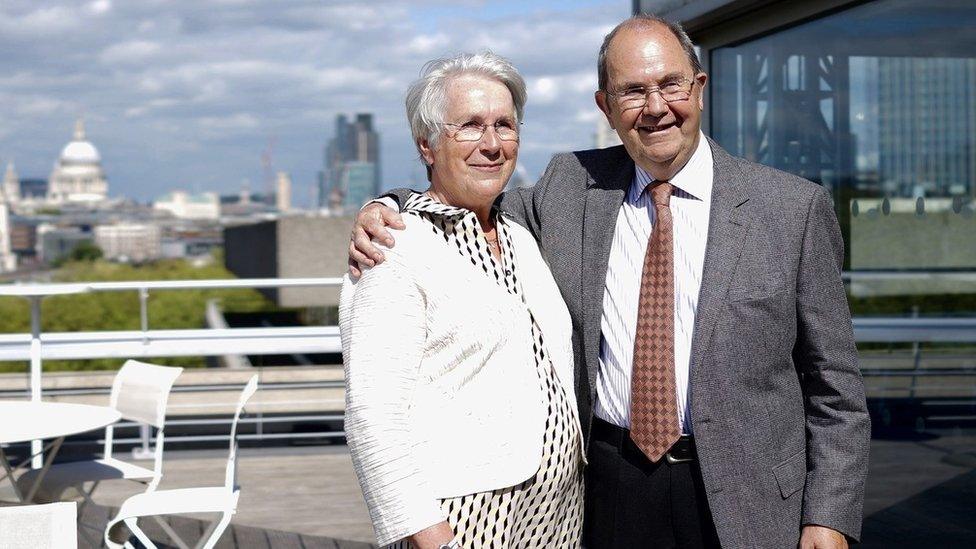
Michael Blakstad's wife Tricia has dementia
Michael Blakstad says he hasn't been given any more visiting rights to see his wife Tricia in her care home in Hampshire despite both of them having received the vaccine - he has had both doses, while Tricia has had her first.
"It hasn't made any difference at all to our ability to meet up and hold hands and see each other properly," he told BBC Radio 4's Today programme:
"I'm still visiting her through a screen, distanced and with a mask on, so we're really in the same situation we were in back in October."
The spread of the UK variant means the care home is still "petrified" of getting Covid, he said, adding that he could "understand completely" and the "rules are the rules".
Asked if the care home should consider breaking the rules for him, he said: "Frankly, I think where Tricia is concerned the damage has been done... she doesn't really recognise me anymore.
"I'm just hoping lessons will be learnt for the future."

Fiona Carragher, director of research and influencing at Alzheimer's Society, said it was "great" the milestone had been met but she remained concerned that the staff vaccination rollout "has not been nearly so effective".
"The most pressing question now is how and when can care homes restart safe, meaningful visits. Combined with PPE and testing, isn't one jab enough? If not, what else needs to be in place? Another 12-week wait is unacceptable for people dying of loneliness," she said.
Liz Kendall, shadow social care minister, said it was "very good news" that vaccines had been offered to all elderly care home residents but ministers "must leave no stone overturned to vaccinate all social care staff within the next two weeks".
Labour has previously called for teachers to be moved up the vaccination priority list and said February half-term should be used to vaccinate teaching staff.
The Joint Committee on Vaccinations and Immunisation, which sets which groups are prioritised, has said early vaccination of certain professions should be considered - but only once those in the top nine priority groups have been offered a first jab.

TESTING: How do I get a virus test?
LOOK-UP TOOL: How many cases in your area?
GLOBAL SPREAD: How many worldwide cases are there?

Dr Mike Tildesley, an infectious disease expert who advises the government, said that if the UK continues the current pace with vaccinations - and jabs are shown to prevent transmission, not just severe infection - measures could begin to be eased in March.
"We need to be very careful," he told BBC Radio 4's Today programme . "Hopefully by the summer we can get back to something pretty close to what we have seen before the pandemic as normal."
Vaccines would need to be "pretty good" at blocking transmission "to avoid a resurgence" of the virus when measures are eased, Dr Tildesley added, with research due on this over the next month.
A further 587 deaths within 28 days of a positive Covid test were reported on Sunday.
It takes the UK's total by that measure to 106,158, although the number of reported deaths tends to be lower over the weekend.
In other developments:
Captain Sir Tom Moore is in hospital with coronavirus after needing help with his breathing
Pupils in the UK could potentially lose an average of £40,000 each in lifetime earnings from the effects of school closures, according to a new report
"Exhausted" medical staff need time to recover before tackling an NHS backlog, a group representing hospitals in England has warned

LOCKDOWN LEARNING: Need some assistance with home-schooling? BBC iPlayer is here to help
TASTY TIME-WASTING: How are food businesses helping us beat lockdown boredom?


Will your vaccine appointment be the first time you have left home in a long while? Have you or your loved ones been making a special effort for the occasion? Send your photos or videos to yourpics@bbc.co.uk, external.
Please include a contact number if you are willing to speak to a BBC journalist. You can also get in touch in the following ways:
WhatsApp: +44 7756 165803
Tweet: @BBC_HaveYourSay, external
You can also upload, external your video or pictures.
Please read our terms & conditions and privacy policy
Or please use the form below:
If you are reading this page and can't see the form you will need to visit the mobile version of the BBC website to submit your question or comment or you can email us at HaveYourSay@bbc.co.uk, external. Please include your name, age and location with any submission.
Related topics
- Published2 April

- Published23 September 2021
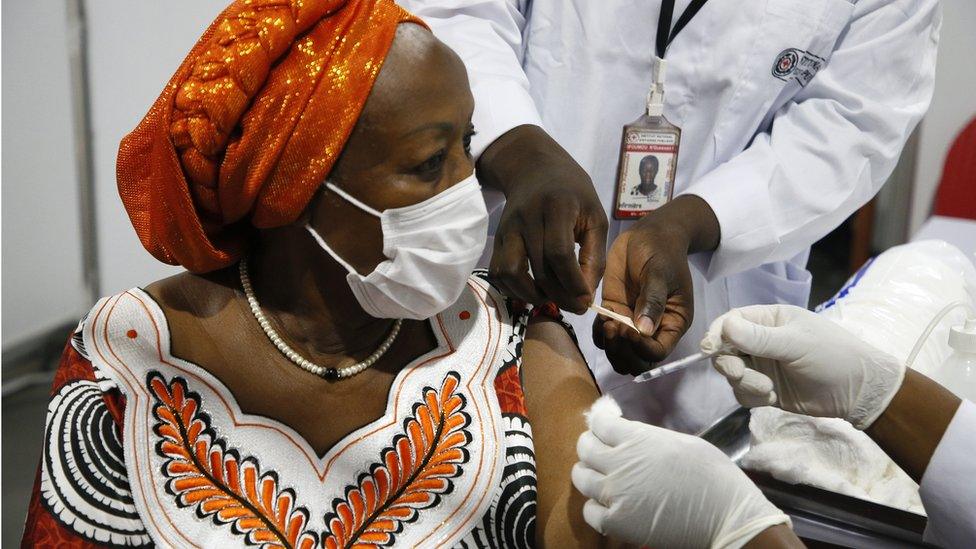
- Published31 January 2021
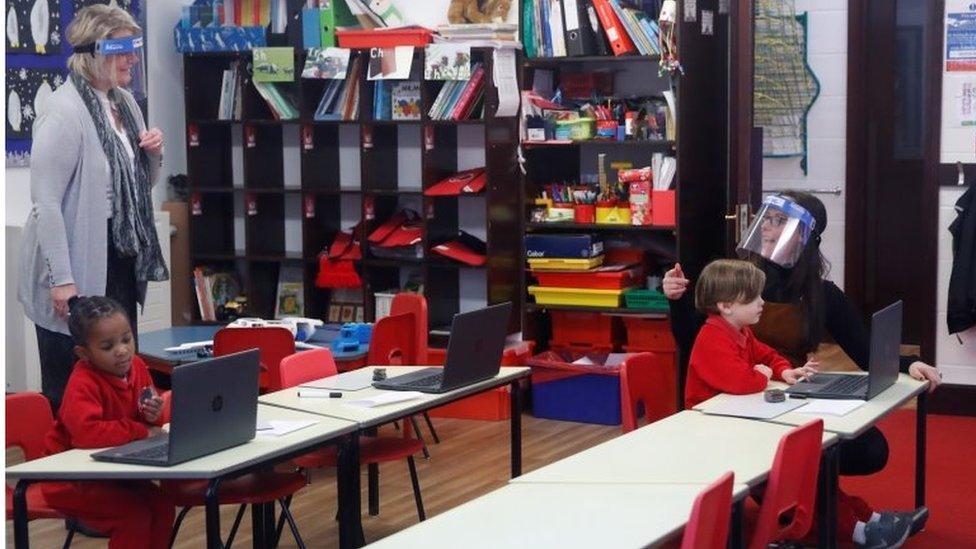
- Published28 May 2021
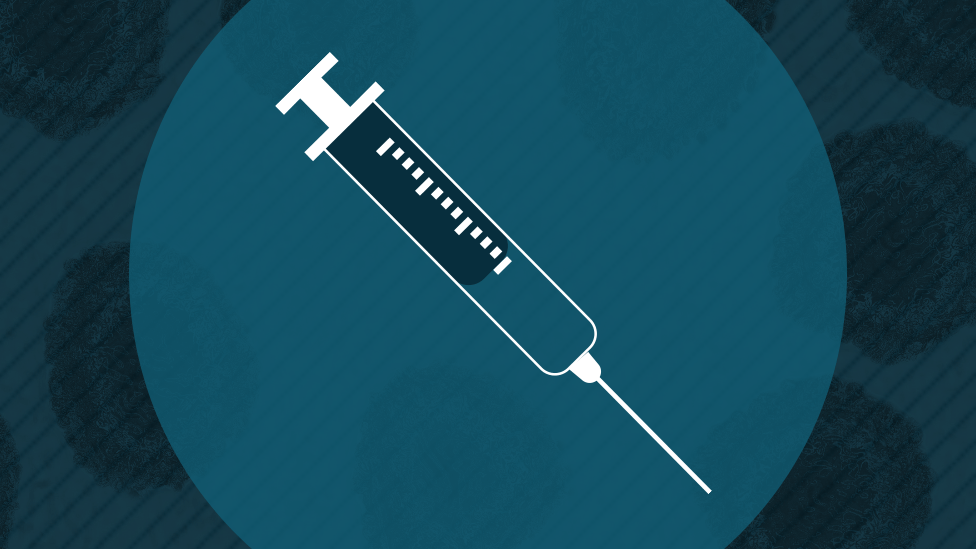
- Published2 December 2020
